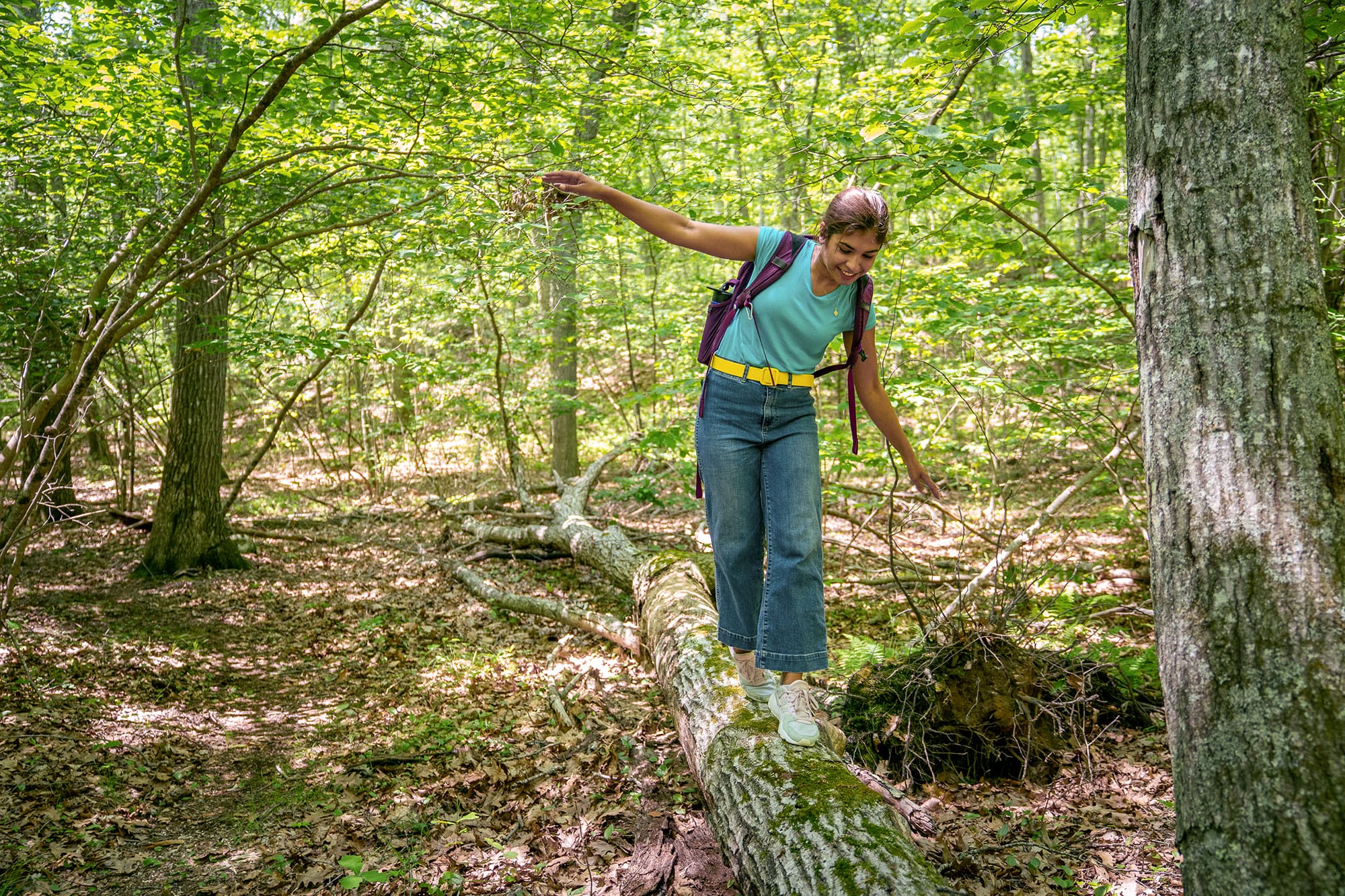
Conservation won big in DC this week, but the fight to #SaveLWCF continues
Conservation won big in DC this week, but the fight to #SaveLWCF continues
Great news from Capitol Hill: this week, the Senate passed S.47, the Natural Resources Management Act. It’s a complex package of bills addressing all kinds of projects and priorities for keeping our public lands healthy, whole, and open for people to explore—from funding search-and-rescue missions to designating new wilderness areas to establishing a volcano early warning system.
But the heart of S.47 is a bill that permanently reauthorizes the Land and Water Conservation Fund, or LWCF. Since 1965, LWCF has protected the nation’s most iconic landscapes and expanded access to outdoor recreation—without costing taxpayers a dime. (The program is funded entirely by fees from offshore oil and gas drilling, meaning oil companies pay to create parks and protect open space.) This ingenious solution is at the root of LWCF’s longstanding popularity with lawmakers on both sides of the aisle.
But despite LWCF’s popularity, and its decades-long record of helping local communities protect and invest in the places that matter to them, Congress allowed the program to expire in 2018. Since then, we’ve been working non-stop on Capitol Hill to reauthorize the program permanently, and guarantee its full funding.
Meanwhile, we’ve been working with landowners and conservation advocates across the country to put LWCF to work building great city parks and conserving the places that matter. These are just a handful of the places that LWCF is helping us protect land for people to enjoy—the sort of projects that might never succeed if Congress doesn’t renew the program soon.
Bald Mountain Pond
We’re working to protect Maine’s pristine 1,200-acre Bald Mountain Pond and 2,600 acres of forest that surround it. The Appalachian Trail skirts the shoreline, and on calm days, the rocky summit of Moxie Bald Mountain reflects in the surface of the water. Protecting this property with funding from LWCF (and donations from people like you) will ensure public access for boaters, hikers, and anglers, who come to the pond in pursuit of the rare freshwater Arctic char.
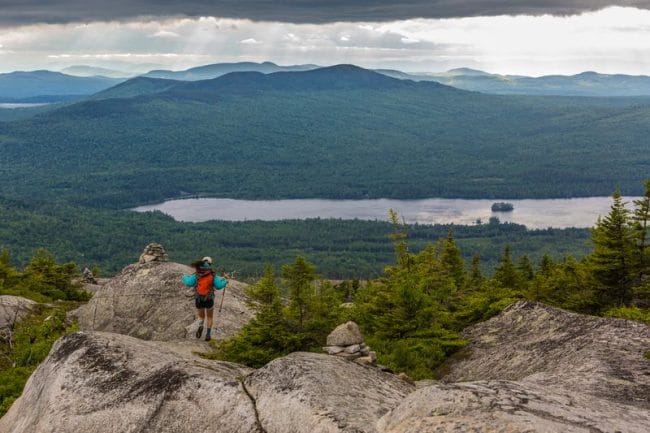 Bald Mountain Pond, Maine. Photo credit: Jerry and Marcy Monkman
Bald Mountain Pond, Maine. Photo credit: Jerry and Marcy Monkman
James Creek
The Chattahoochee National Recreation Area offers close-to-home nature for Atlanta residents and millions more visitors each year. We’re currently working with the National Park Service to protect over 30 acres of riverfront land where James Creek meets the Chattahoochee within the park’s pristine Bowman’s Island unit—a popular spot for hiking, horseback riding, paddling, and fishing. The LWCF-funded addition could make space for a new kayak and canoe launch into the Chattahoochee River.
Bonneville Shoreline Trail
The valley carved by the prehistoric Lake Bonneville is now home to 75% of Utah’s population in the Salt Lake City metro area. Since 1991, we’ve worked to protect open space along the corridor of the Bonneville Shoreline Trail. Once it’s complete, the trail will stretch 280 through the heart of the state, giving mountain bikers, runners, hikers, equestrians, cross-country skiers, and families places to stretch their legs, play, and enjoy the outdoors. Right now, we’re working to protect over 300 acres along the trail corridor east of Logan, and we’re counting on funding from LWCF to make it happen.
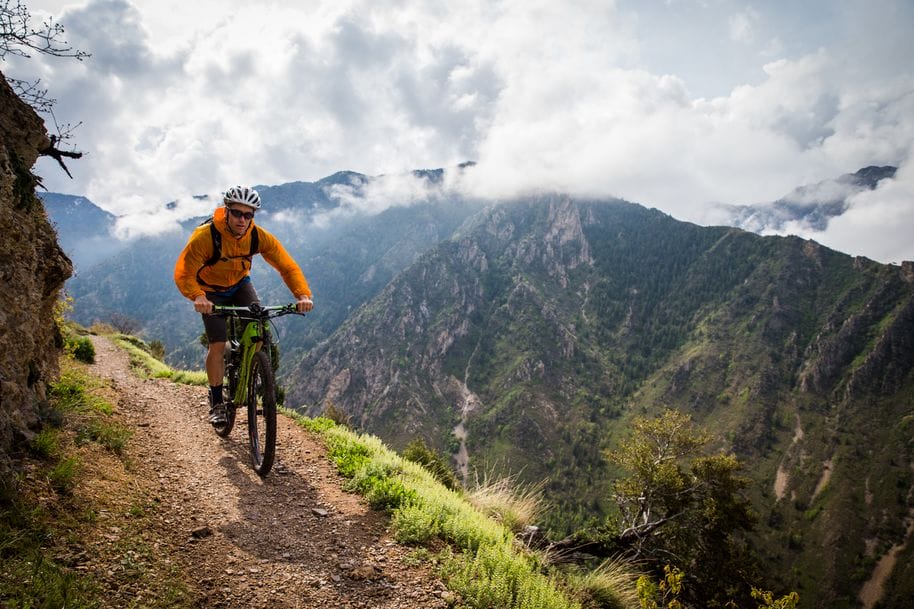 Bonneville Shoreline Trail, Salt Lake City metro area.Photo credit: Mike Schirf
Bonneville Shoreline Trail, Salt Lake City metro area.Photo credit: Mike Schirf
LWCF funds projects like these that are critical to making sure our public lands benefit everyone—not just a few interests. This week’s victory Senate was a huge step toward permanently reauthorizing LWCF, but the legislation has a few big hurdles left to clear. Visit tpl.org/lwcf to see how far we’ve come, and the work we have left to do.
This raw, beautiful landscape in Southern California is home to Indigenous heritage sites, and it provides critical habitat for threatened and endangered species. Urge President Biden to safeguard this extraordinary landscape today!
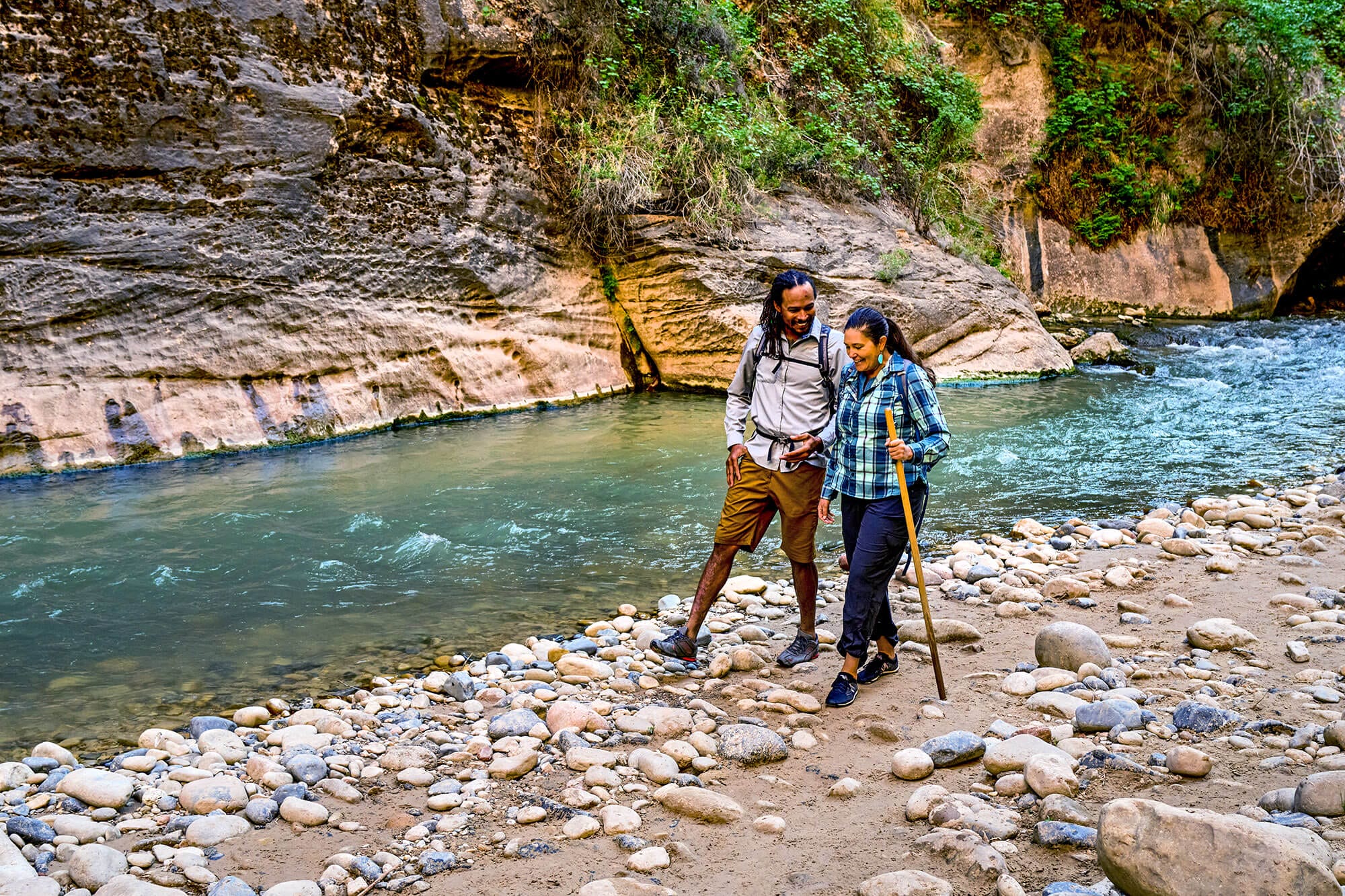
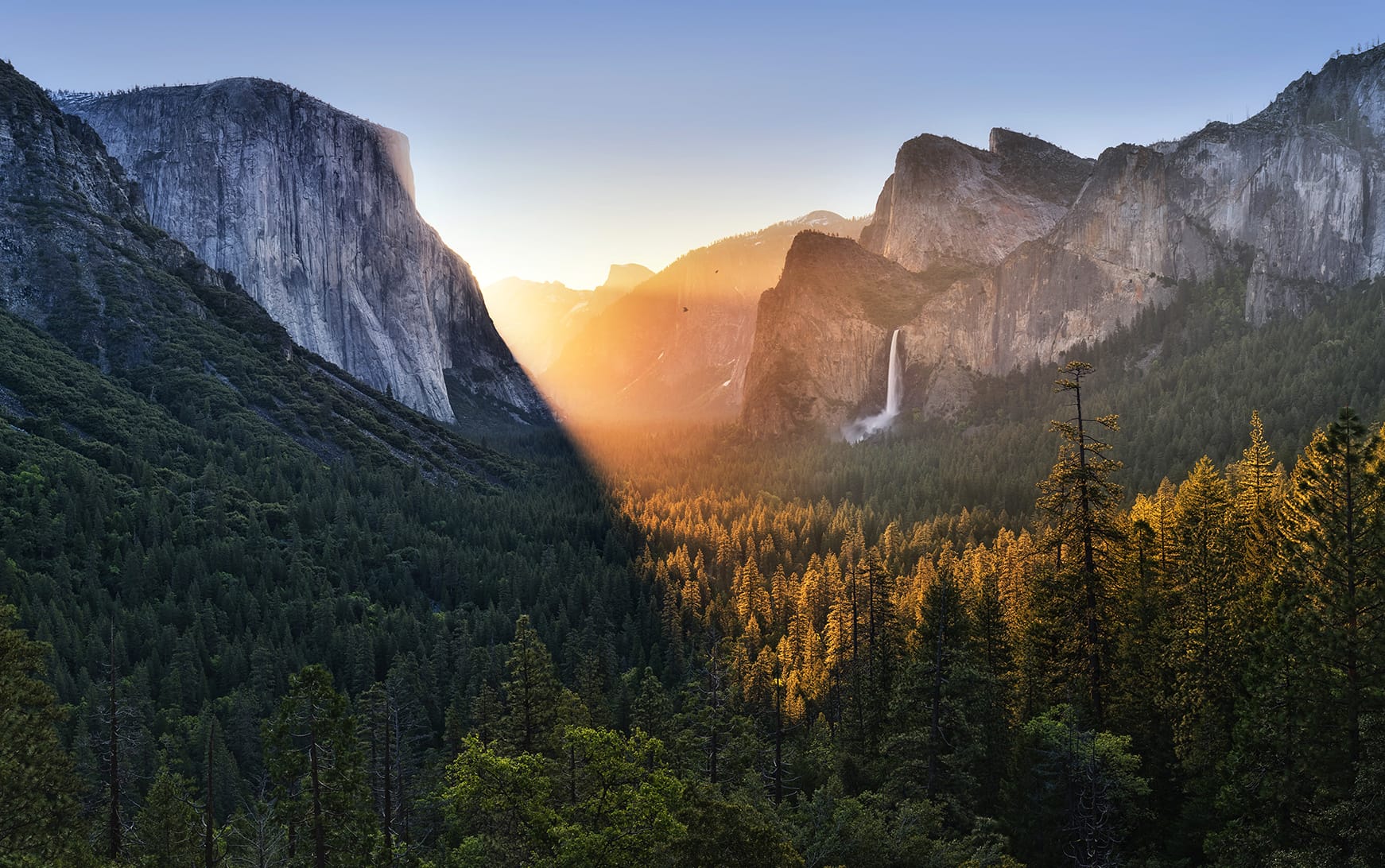
Donate to become a member, and you’ll receive a subscription to Land&People magazine, our biannual publication featuring exclusive, inspiring stories about our work connecting everyone to the outdoors.
See how our supporters are helping us connect people to the outdoors across the country.


